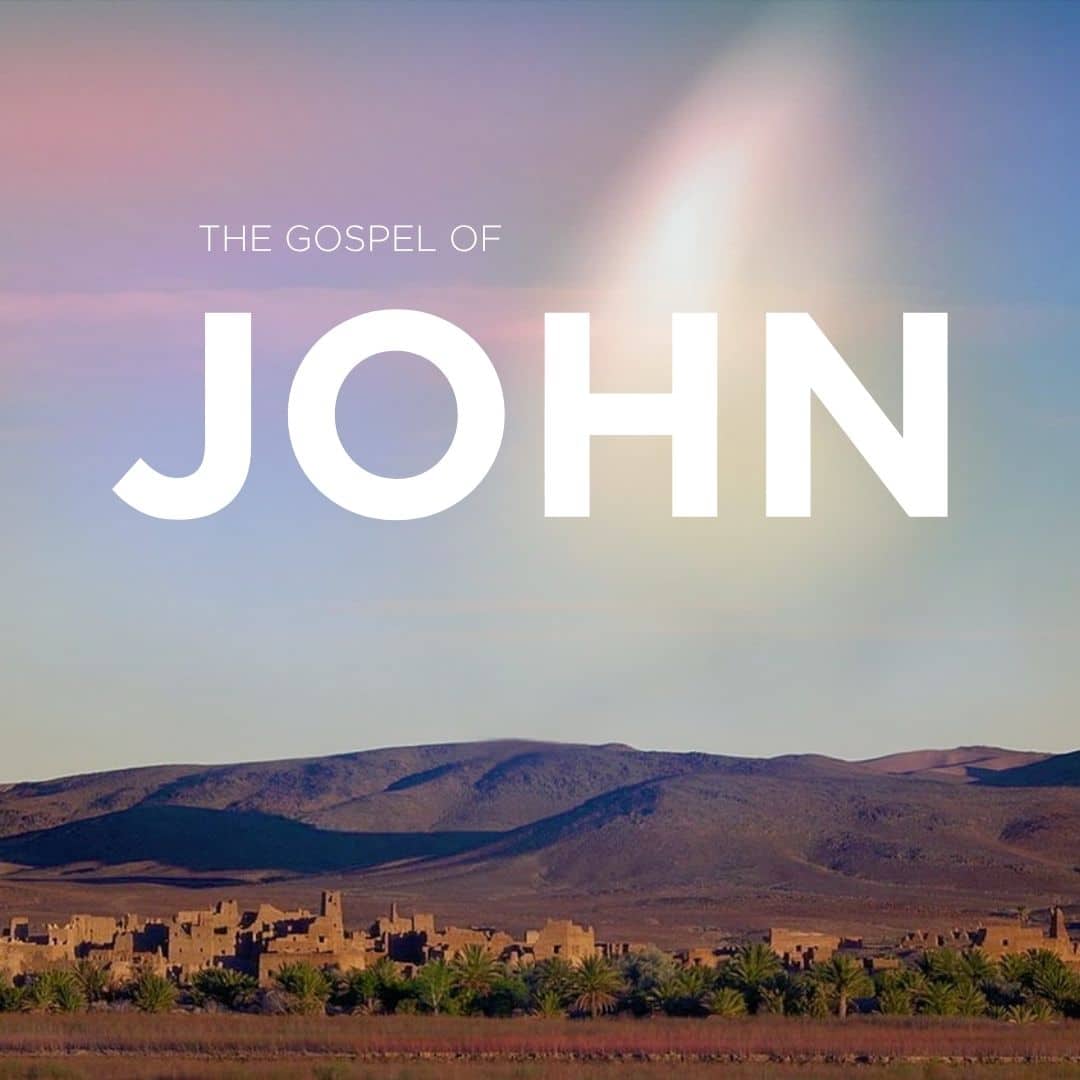Gathering Easter Eggs
Aaron Bjorklund2025-10-29T11:03:22-06:00When they had all had enough to eat, he said to his disciples, “Gather the pieces that are left over. Let nothing be wasted.” So they gathered them and filled twelve baskets with the pieces [...]


